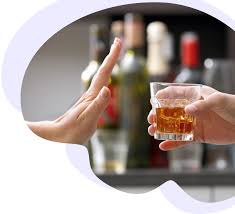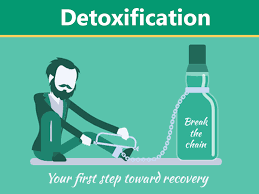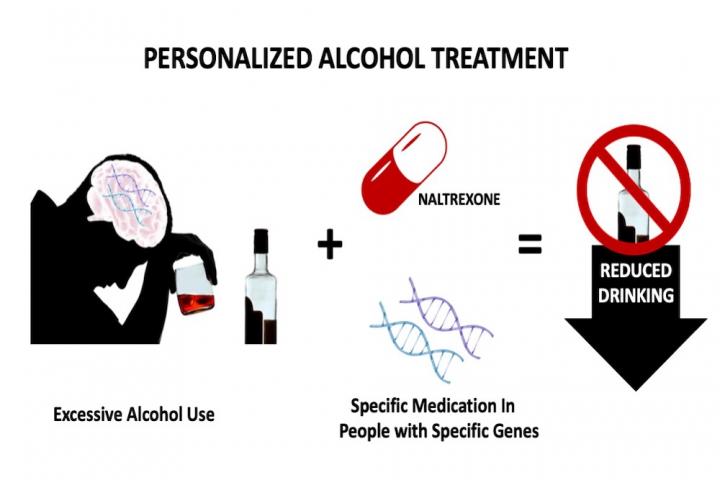For many individuals, the first step toward recovery is acknowledging their personal struggle with substance dependence. The next step is finding a treatment program that can help restore their overall health, well-being and happiness.
There are countless treatment options a person can choose from. For example, some people with severe forms of addiction enter a detox program before transitioning into rehab. Others may choose to begin recovery at an inpatient or outpatient facility. After treatment, it is recommended to continue reinforcing the lessons learned in rehab by attending support groups and therapy sessions.
Remember: there is no such thing as a “one-size-fits-all” approach to addiction recovery. Whichever treatment path you choose, be sure that it has everything you need to help you achieve a successful recovery.

Overcoming an addiction to alcohol can be a long and bumpy road. At times, it may even feel impossible. But it’s not. If you’re ready to stop drinking and willing to get the support you need, you can recover from alcoholism and alcohol abuse—no matter how heavy your drinking or how powerless you feel. And you don’t have to wait until you hit rock bottom; you can make a change at any time. Whether you want to quit drinking altogether or cut down to healthier levels, these guidelines can help you get started on the road to recovery today.
Most people with alcohol problems do not decide to make a big change out of the blue or transform their drinking habits overnight. Recovery is usually a more gradual process. In the early stages of change, denial is a huge obstacle. Even after admitting you have a drinking problem, you may make excuses and drag your feet. It’s important to acknowledge your ambivalence about stopping drinking. If you’re not sure if you’re ready to change or you’re struggling with the decision, it can help to think about the costs and benefits of each choice.
Members who attend the same meeting on a regular basis to establish a recovery network and reliable routine understand this to be their "Home Group". Group members are able to participate in the group's business, and play an important role in deciding how the group's meetings should be conducted.
While there are no specific tests to diagnose alcohol use disorder, certain patterns of lab test abnormalities may strongly suggest it. And you may need tests to identify health problems that may be linked to your alcohol use. Damage to your organs may be seen on tests. Complete a psychological evaluation.
It denotes a clearing of toxins from the body of the patient who is acutely intoxicated and/or dependent on substances of abuse. detoxification process is to ready the patient for the actual recovery process. As drug detoxification only deals with the physical dependency and addiction to drugs, it does not address the psychological aspects of drug addiction. .
Drug addiction is a complex neurobiological disease that requires integrated treatment of the mind, body, and spirit. It is considered a brain disease because drugs change the brain — they change its structure and how it works. .
Addiction treatment must help the person do the following:
stop using drugs
stay drug-free
be productive in the family, at work, and in society .
The effects of drug addiction on family members vary, but when substance abuse is added to this dynamic, the family roles naturally shift to adjust to the new behaviors associated with drug or alcohol use to continue maintaining order and balance.
Relapse, or the return to heavy alcohol use following a period of abstinence or moderate use, occurs in many drinkers who have undergone alcoholism treatment.
Residential treatment offers numerous advantages to individuals in recovery; however, national statistics show that these programs are under-utilized. The Surgeon General’s Report on Alcohol, Drugs and Health reported that only one in 10 individuals received rehabilitation treatment for their substance .
Drug rehabilitation is the process of medical or psychotherapeutic treatment for dependency on psychoactive substances such as alcohol, prescription drugs, and street drugs such as cannabis, cocaine, heroin or amphetamines. .





Very Supportive and treatment are well good and I spend the time with my loved family.Thankyou for Light House!
Treatment is so good thankyou for saving from the addiction ...